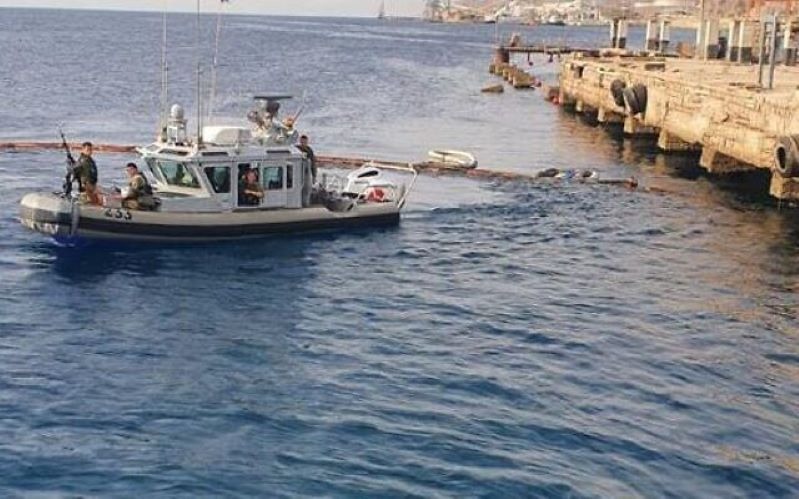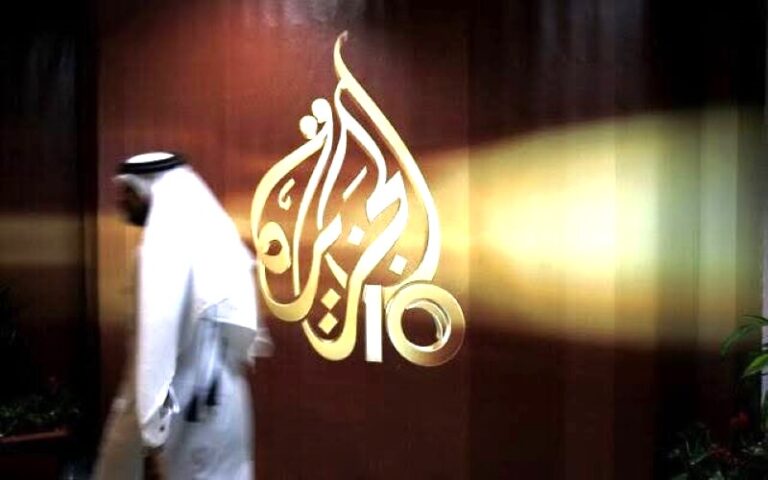In November 2023, the Houthi terror group hijacked the NYK Line cargo ship. Subsequent Houthi attacks on ships traveling through the Bab al-Mandab Strait near Yemen, and Houthi and Iraqi missiles and drones fired at the Eilat port have brought the operations at the port to a halt.
According to a Ynet report, beginning in December 2023, ships carrying wheeled cargo stopped visiting the Eilat port entirely. The number of bulk carrier ships (carrying materials like potash) then began dropping, initially from six per month to just one or two, and some months, no ships at all.
Moshe Azulay, the chairman of the Histadrut branch in Eilat, told Ynet: “Bulk carrier ships occasionally arrive, about once every two or three months. The ship is unloaded and then it leaves. The port is effectively closed. Importers don’t want to pay high costs. They can go through the Suez Canal — it’s an economic issue.”
“There’s no ongoing activity. We managed to keep the workers employed for a year and two months. Eventually, management began flexing its muscles, claiming they don’t have money to pay salaries. A decision was made to place employees on unpaid leave because the alternative was layoffs.”
“The Finance Ministry is involved in discussions with the Histadrut’s transportation division. We hope to reach an agreement soon so all employees can return to work and receive financial aid from the ministry to cover their wages.”
Azulay continued by saying that although Eilat is thriving, the port is not. “The city operates 24/7 and hotel occupancy is at its peak. The city is bustling but the port is desolate. It’s disheartening to see the port inactive when it used to be a strategic employment hub.”
“We all know each other in Eilat and are aware of the crisis. We’re doing everything we can, but there’s a serious problem because there’s no work to do. While the port still provides services to security forces and isn’t entirely shut down, many parts are inactive.”
Eilat Mayor Eli Lankri told Ynet: “Eilat Port is a crucial, significant asset that directly and indirectly employs hundreds of workers. It serves as Israel’s southern gateway to Asia, Africa and the Gulf states and acts as a land bridge to Europe.”
He said that the decline of activity at the port is a major loss for Israel and the Houthi threat must be addressed.
“For over a year, I’ve repeatedly warned about the implications of closing an international shipping route and the security and economic consequences of Houthi missile launches as well as those by pro-Iranian militias from Iraq and Syria. I’ve demanded threats against the city and the country be removed.”
Lankri emphasized the port’s importance for regional economic security, especially with Gulf states that signed peace agreements with Israel. “Successive Israeli governments have declared Eilat a vital strategic asset. I’d add that a strong Eilat isn’t just a local interest — it’s a national one. Eilat is Israel’s southern gateway and it must remain open and secure.”
Lankri also expressed his gratitude to the government and the IDF for their achievements in Gaza and Lebanon but emphasized that the Houthi threat cannot be ignored.
“A decisive victory will, of course, include the return of hostages, but it won’t be complete without removing the Houthi threat to Eilat, which endangers the city’s security and economy. The Bab el-Mandeb Strait must be reopened and the additional threat posed by the Jordanian border must also be addressed.”
(YWN Israel Desk – Jerusalem)












4 Responses
Eilat, which is in Chutz L’arerz, should be given to Palestine and traded for land in Judea and Samaria, which are in Eretz Yisroel.
A decision was made to place employees on unpaid leave because the alternative was layoffs.”
Whoever wrote this seems not to understand the word “layoff”. There is no difference between laying someone off and putting them on unpaid leave.
The silence on the de facto closure of the Red Sea for such a long time also on the international level is very surprising – how is Egypt not saying anything with the Suez canal probably also almost idle for such a long time?? Maybe they’re happy just as long as Israel is suffering too… I would daresay that as significant the port of Eilat is to Israel, the Suez Canal to Egypt is probably nothing to compare
the problem is in yemen, but the solution is in iran.